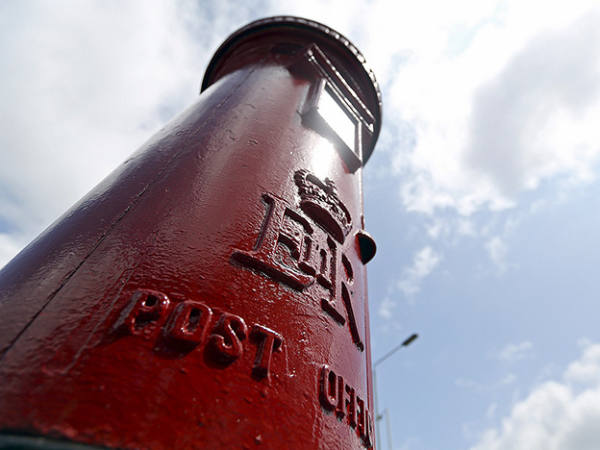- Risk on pauses for breath
- Traders watching for smoke signals from the Fed
- German consumer confidence takes a knock
Risk takes a pause: Stock markets dropped in early trade on Thursday and the dollar rose a touch ahead of the Jackson Hole meeting, whilst wobbly German confidence knocked the wind out of this week’s rally in Europe. The major bourses were roughly 0.5 per cent in the red at the start of the session, coming off a decent rally so far this week and another set of records on Wall Street. In London, 7-1 decliners to advancers indicates the broad selling with just healthcare keeping in the green in the early part of the session with AstraZeneca doing all the work. Basic materials is the weakest sector with all the major miners in the red. Characterise today as risk talking a pause for breath after a solid run this week.
There’s a strong sense of anticipation ahead of Jackson Hole. Rates are on the move, with the German 10-yr bund at a month-high. All eyes are on Fed chair Jay Powell on Friday, though markets seem relatively comfortable that either course he takes will ultimately not create a taper tantrum – we will see. Minutes from the last FOMC meeting clearly stated that most participants expect to be tapering this year. This does not mean the Fed needs to send a clear message to the market this week . Powell can keep some dry powder and wait for the September FOMC meeting at least. The last couple of weeks have shown growth momentum fading and US covid cases spiking, but it’s also showing inflation is proving to be sticky. If anything what we are seeing is just how difficult it will be to exit such a huge policy response (to the pandemic) without serious repercussions – be they inflation scarring, financial stability, financial bubbles or whatever. South Korea lit the torch as the country’s central bank raised rates overnight from 0.5 per cent to 0.75 per cent.
Germany’s GfK consumer sentiment declined to –1.2, data this morning showed. It comes after the Ifo business climate index declined for a second month as supply chain problems and rising covid cases worried companies. Another worry emerged as the EU may reimpose travel restrictions on the US. UK car production has hit lowest since 1956.
Slow appreciation: Wall Street rose again for fresh records, with the S&P 500 breaking above 4,500 for the first time and the Nasdaq closing north of 15,000. These look like prime areas for a pause. Bond yields are higher, with 10s at 1.34 per cent and the reflation-reopening trade probably has more legroom than mega cap tech/growth/momentum names, though the latter is not yet blowing up like it has done in previous episodes. Yesterday the biggest contributors to SPX were big banks, whilst pharma and health dragged. Market breadth still not great but better and momentum is decidedly slack but the buy-the-dip conditioning has yet to be really tested by a really aggressive selloff or major policy/economic surprise. Delta concerns are probably less than they were two weeks ago even as cases rise, with markets more comfortable that companies can weather any rise, whilst the kind of ultra-lockdowns are behind us in the US, UK and Europe.
Jobs boom: Recruiter Hays said that despite an 8 per cent drop in fees in the year to 30 June, trading improved through the year, with strong sequential growth in all regions. First half fees down 24 per cent but in the second half they were up 13 per cent. Management also noted a sharp increase in permanent roles in the second half, whilst the temp business has remained quite resilient. Chief executive Alistair Cox said the company sees a “clear route back to, and then exceeding, pre-pandemic levels of profit, faster than we envisaged even six months ago”. Bullish and reflective of the strong economic rebound and business demand for staff as they seek to fill headcount.
Crude oil inventories fell for a third week and fuel demand hit its highest since March 2020, figures from the EIA showed yesterday. Inventories at Cushing rose for the first time in 11 weeks, however. Price action is a little weaker today as spot WTI wrestles with the 100-day and trend resistance. Delta worries seem well priced – question is still whether the physical market continues to tighten over the rest of the year and this will be all about demand recovery. Closure of travel routes into the autumn (see EU on US) could knock confidence.
Gold continues to drift lower, now under the 50-day SMA and sitting in the middle of the Bollinger range. $1,774 offers the near-term support should the price continue to drift back, which could then see a test of $1,760. Resistance offered at the $1,800 - $1,810 round number – 200-day SMA area.
Neil Wilson is chief market analyst at Markets.com










